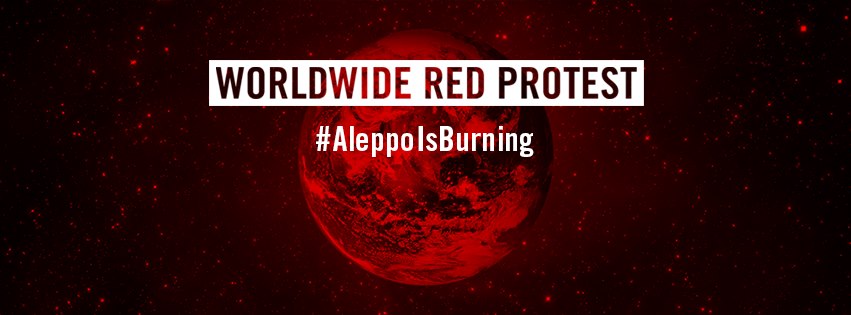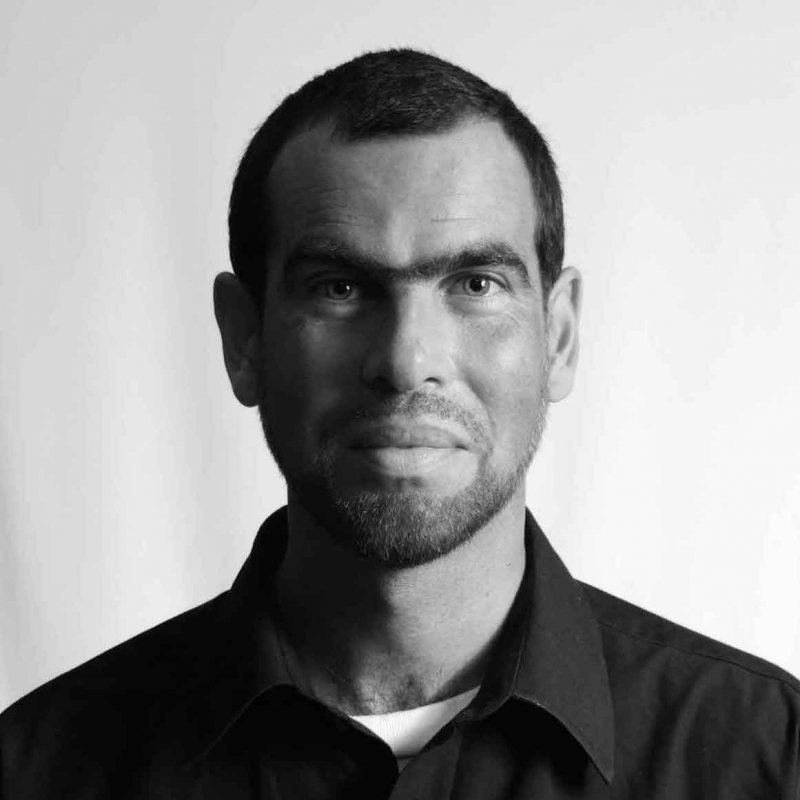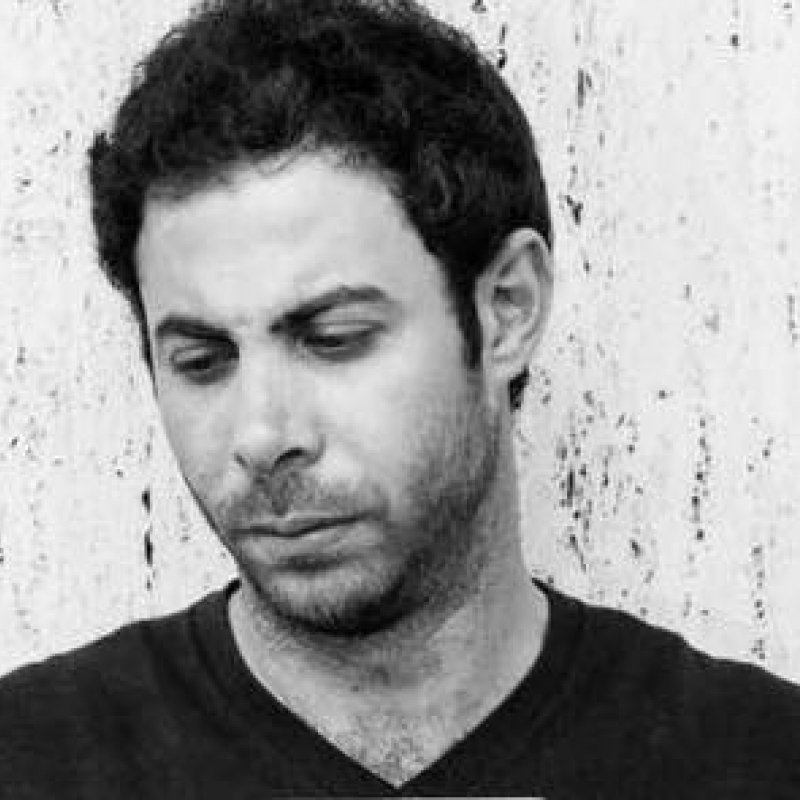
Aleppo Is Burning

We need to talk about Aleppo.
Over the last two weeks, the already-exhausted Syrian city has seen a rapid escalation of indiscriminate bombardment by the Syrian regime. On Wednesday, May 4, the United States State Department announced its agreement with Russia to extend a cessation of hostilities to include Aleppo. “The general command of the Syrian army declared a period of calm in Aleppo for 48 hours starting from one O’clock in the morning on Thursday (22:00 GMT Wednesday),” Syrian state TV reported.
The next morning, on Thursday, a Reuters headline read, “Aleppo truce declared, but fighting goes on.”
On Thursday night, an airstrike hit a refugee camp near the Turkish border, killing 28. “War found them again,” BBC correspondent Lyse Doucet reported.
Aleppo is worn thin. There is only so much destruction a city can handle before it turns into a ghost town. People in the city and its surroundings have been packing up and leaving everything behind for months now. The UN envoy for Syria, Staffan de Mistura, called for a halt in fighting, warning, “The alternative is truly quite catastrophic, because we could see 400,000 people moving towards the Turkish border.”
Last Friday, in an attempt to show solidarity with Aleppo, massive numbers of people changed their Facebook profile pictures to a red box. Some people started using the hashtag #AleppoIsBurning, and a group of activists and journalists decided to capitalize on this. We started a campaign: Aleppo Is Burning Worldwide Red Protest. Within hours, we had pledges from people in countries all over the world to come out and protest the indiscriminate bombing of the city. The hashtag #AleppoIsBurning started trending on Facebook and Twitter. We were bombarded with messages from people on how to help. Organize a protest, we replied. Go out. Yell. Chant. Demand justice. Syrians are being killed for doing the same.
Now, a week later, we have seen protests in Argentina, Poland, Belgium, the United States, Turkey, Germany, Lebanon, Italy, Sweden, France, Canada, Jordan, Norway, Greece, the United Kingdom, Netherlands, Hungary, Spain, Indonesia, Egypt, and Palestinian Occupied Territories. We have more coming out in Denmark, Australia, Finland, Algeria, Austria, the Czech Republic, and others. In over 60 cities all over the world, people have and continue to speak out for Aleppo. Numerous men and women clad in red are flooding the streets and holding banners, singing and crying and chanting.
This campaign is effective because it unifies what would otherwise be individual efforts. This campaign is successful because it unites people under one message.
This campaign is beautiful, but it is not enough.
Every day, people’s houses, schools, mosques and markets get bombed. Civil defense members try and save them. Then civil defense members get bombed. Hospital staff members try and save them. Then hospitals get bombed. So people leave for refugee camps. Their camps get bombed.
Negotiating refugee borders and fighting ISIS is not what Syria needs to end the war. What Syria needs right now — what Syrians need — is a ceasefire that ensures Assad stops killing his own people. The bombing has to stop so Syrians can rebuild hospitals, buy groceries, go to schools. The bombing has to stop so people in Aleppo do not live as though every second is their last.
Assad is killing his people. Syrians have been saying this over and over and over again for five years now, and yet Assad is still committing massacres, bombing and torturing and killing. And now, Assad is burning Aleppo.
So what do we do? We organize protests. We go out. We yell, chant, demand justice. Because Syrians are being killed for doing the same.
Syrians are waiting for the international community to do something, but we have had enough of the inaction. We launched this movement to show the world that someone is watching, to reject the international community’s indifference.
And we call on you to join us, wherever you are. Because the world has been deaf for five years. And we need as many voices as possible for it to start listening.





